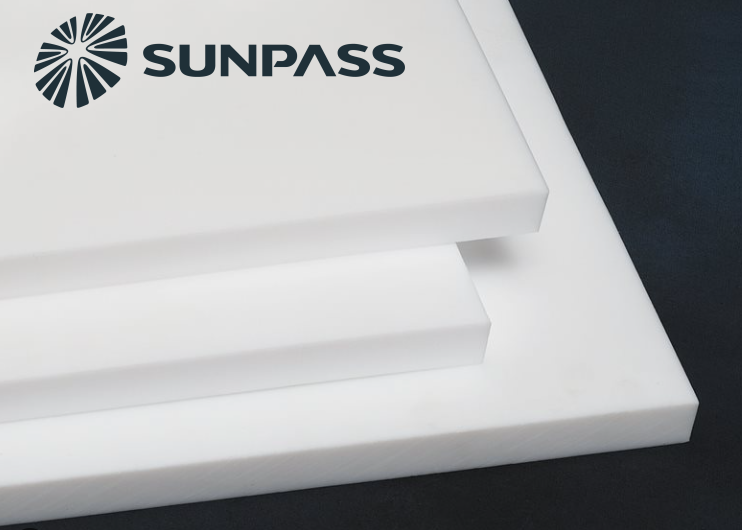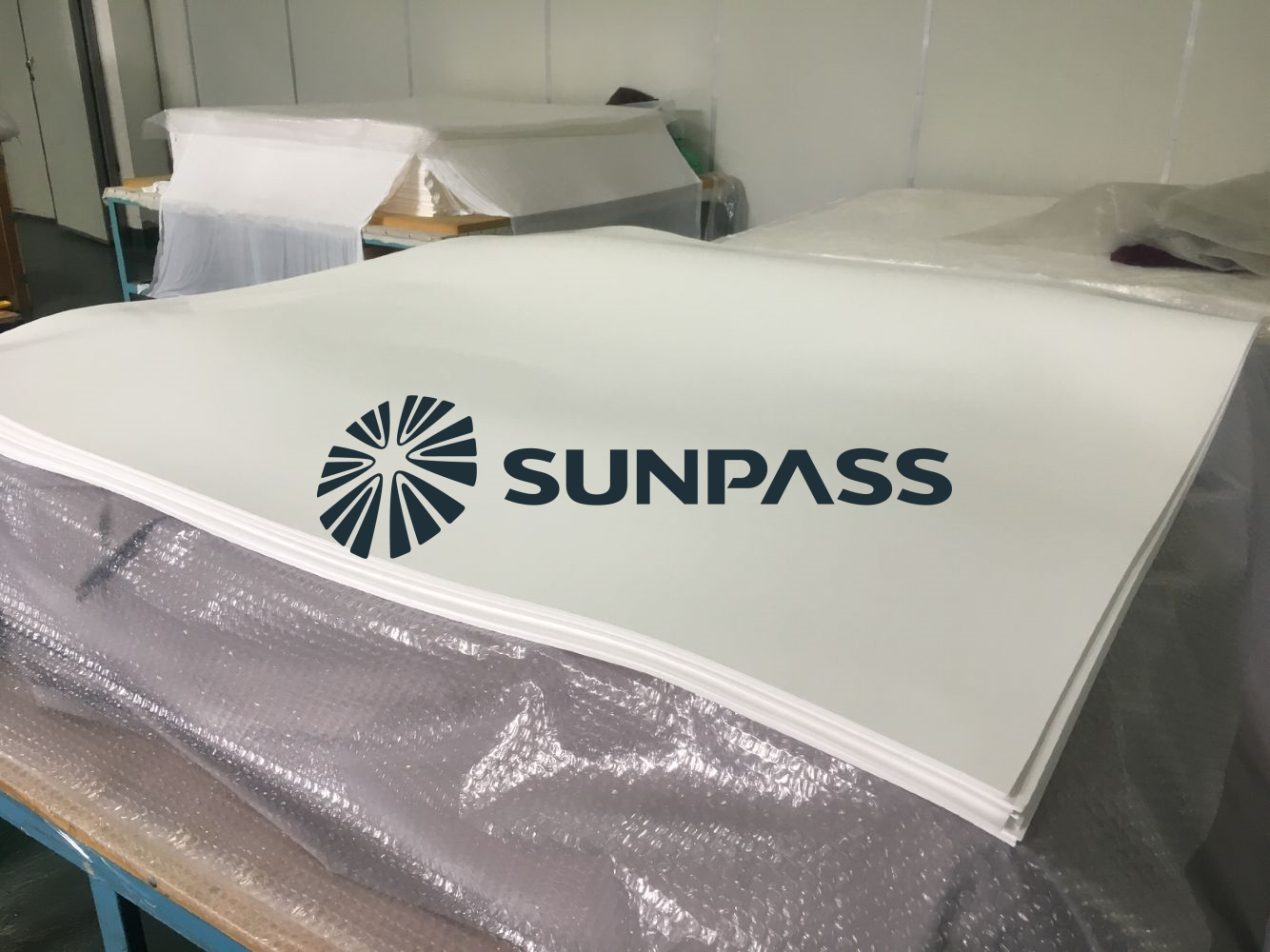Polytetrafluoroethylene (PTFE):
The polymer compound made of tetrafluoroethylene has excellent chemical stability and corrosion resistance.
It is one of the best corrosion-resistant materials in the world today. It can withstand all other chemicals except molten alkali metals, chlorine trifluoride, chlorine pentafluoride and liquid chlorine.
It does not change even when boiled in warm water. It is widely used in various occasions that require resistance to acid, alkali and organic solvents. It has sealing properties, high lubricity and non-stickiness, electrical insulation and good anti-aging ability, and excellent temperature resistance (it can work for a long time at temperatures from positive 260℃ to negative 180℃). Polytetrafluoroethylene itself is non-toxic to the human body.
The operating temperature is -180~260℃, and sudden cooling and heating, or alternating hot and cold operations are allowed. Pressure -0.1~6.4Mpa.

Expanded polytetrafluoroethylene (expanded PTFE):
It is a new type of medical polymer material, made of polytetrafluoroethylene resin through special processing methods such as stretching.
It is white, elastic and flexible, and has a mesh structure formed by microfibers. These microfibers form countless pores, allowing expanded PTFE to bend arbitrarily (more than 360°). It has good blood compatibility and resistance to biological aging. It is used to make artificial blood vessels, heart patches and other medical products. From a medical perspective, it is the most ideal biological tissue substitute.
Due to its good biocompatibility and unique microporous structure, it is non-toxic, non-carcinogenic, non-allergenic and other side effects, and human tissue cells and blood vessels can grow into its micropores to form tissue connections, just like autologous tissue.
